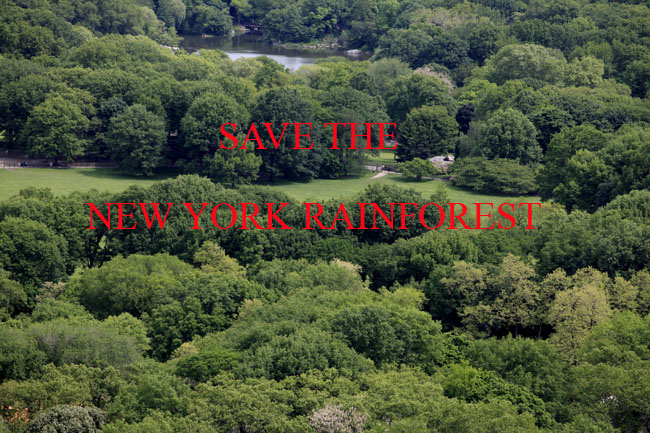Why did the New York Times lose the argument on manmade global warming?
THE Climate Change war is over. The New York Times has closed its climate change desk and Green Blog. Why?
Kevin Drum wonders:
Obviously the Times editors are going to come in for plenty of criticism over this, and that’s fine. They deserve it. But let’s face it: the reason they did this is almost certainly that the blog wasn’t getting much traffic (and, therefore, not generating much advertising revenue). So a more constructive question is: Why do readers—even the well-educated, left-leaning readers of the Times—find environmental news so boring? Is it because we all write about it badly? Is it something inherent in the subject itself? Is it because most people think we don’t really have any big environmental problems anymore aside from climate change? Or is it because it’s just such a damn bummer to read endlessly about all the stuff we should stop doing because, somehow, it will end up destroying a rain forest somewhere?
Or maybe it’s because the science is not settled. In SEptember 2011, the NYT asked its readers:
88. Which statement comes closest to your view about global warming? 1. Global warming is caused mostly by human activity such as burning fossil fuels or 2. Global warming is caused mostly by natural patterns in the earth’s environment. or 3. Global warming does not exist.
Answer:
Or maybe, New Yorkers see too much lush greenery?
Common oaks get a boost in New York’s Central Park
City streets can be mean, but somewhere near Brooklyn, a tree grows far better than its country cousins, due to chronically elevated city heat levels, says a new study. The study, just published in the journal Tree Physiology, shows that common native red oak seedlings grow as much as eight times faster in New York’s Central Park than in more rural, cooler settings in the Hudson Valley and Catskill Mountains. Red oaks and their close relatives dominate areas ranging from northern Virginia to southern New England, so the study may have implications for changing climate and forest composition over a wide region.
Maybe they just lost the argument..?
Posted: 7th, March 2013 | In: Reviews Comments (10) | TrackBack | Permalink




